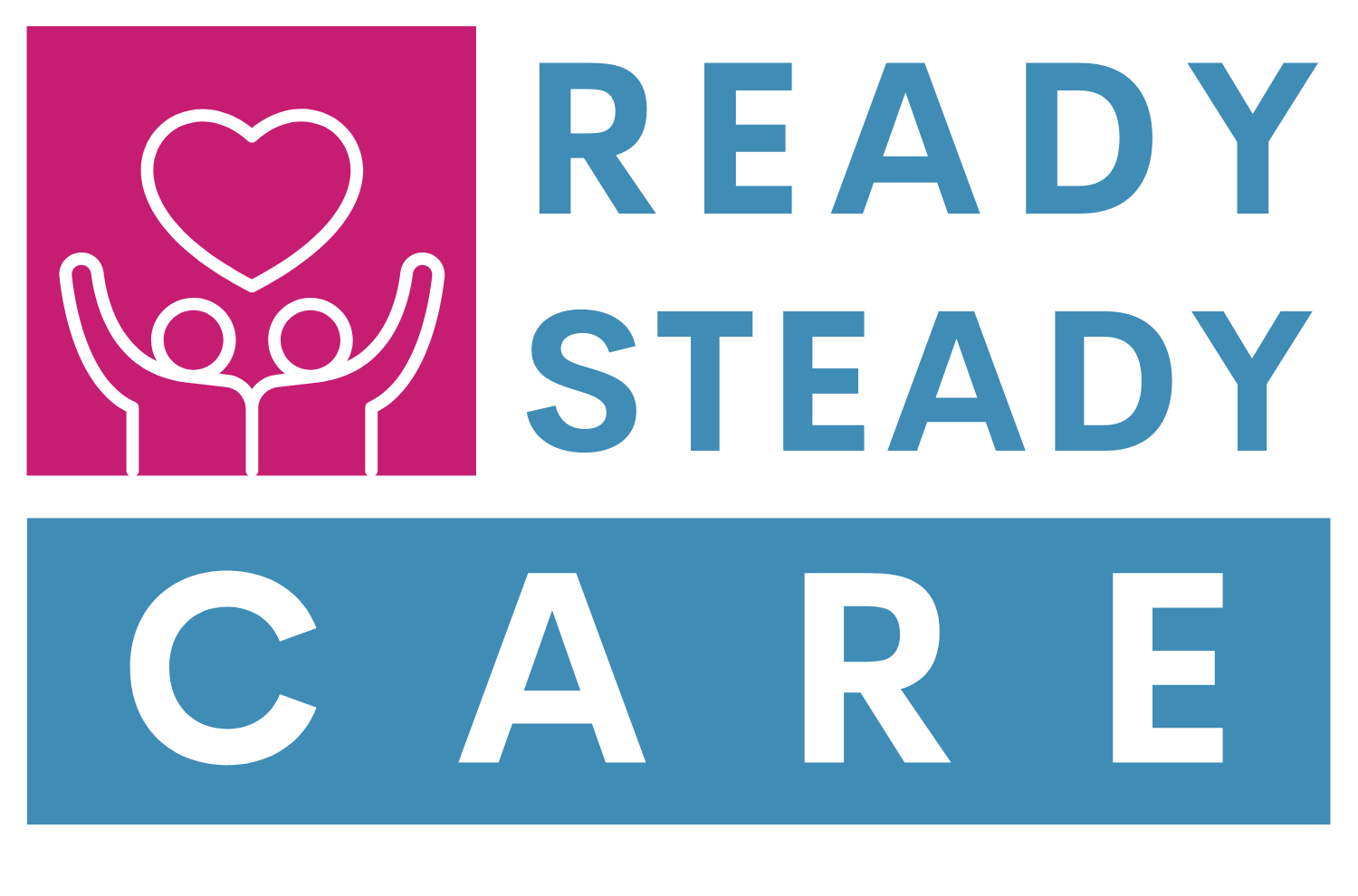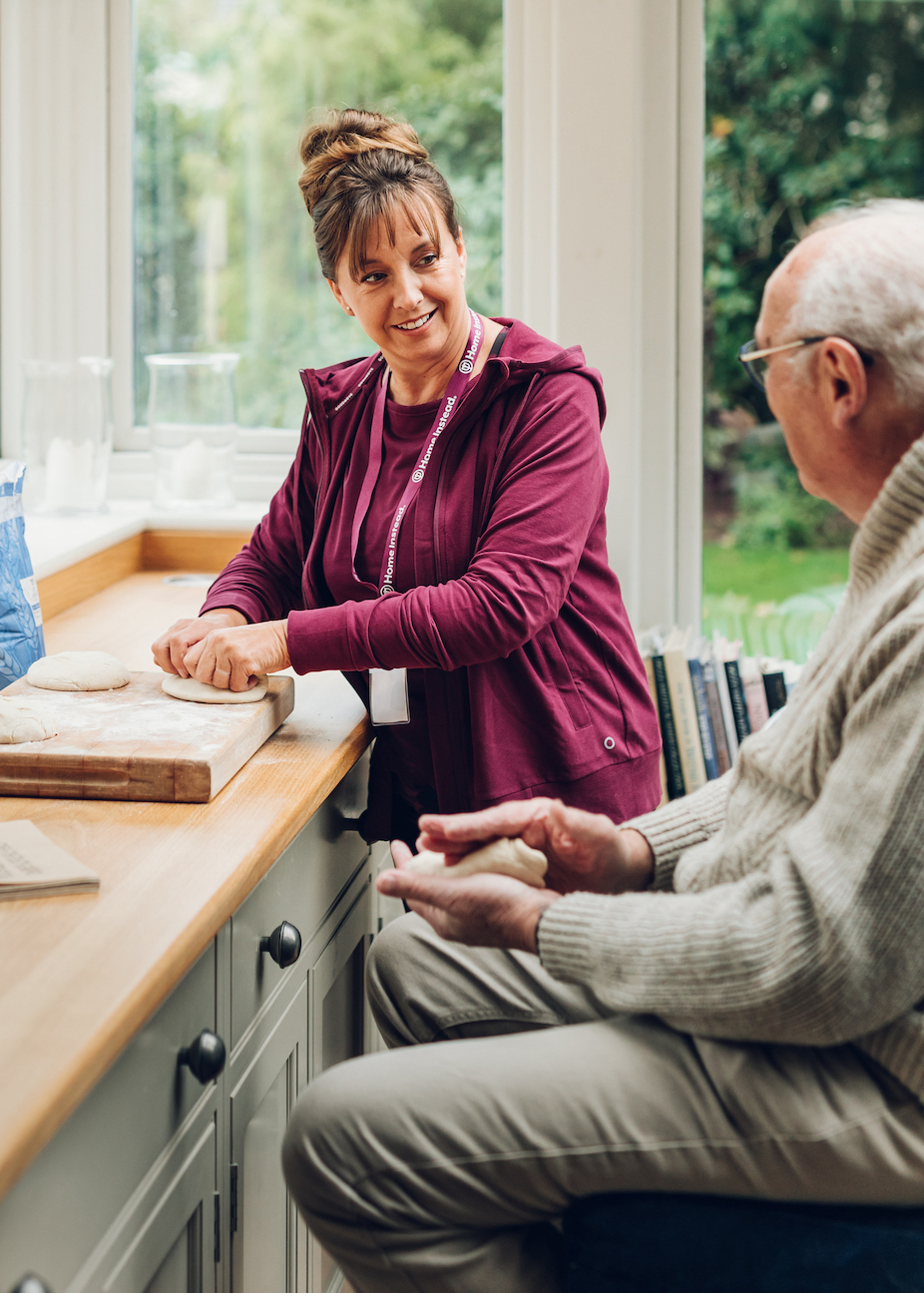Mental healthcare is a vital service provided by trained professionals to help those suffering from mental illnesses. It is important that these services exist because many people have been diagnosed with a mental disorder.
Depression, anxiety, bipolar disorder, schizophrenia, post-traumatic stress disorder, eating disorders, substance abuse, and other conditions can cause them to struggle with daily life.
Many people will not seek treatment until after their symptoms become severe. Making early intervention is crucial.
Social (or community) Care
Social care is any form of care or support you need to carry out your day-to-day tasks which you’re finding difficult.
A member of the social care team will be appointed as your care coordinator. They will keep in regular contact with you and help plan or adjust your care.
Community mental health teams can also provide care services to people who may not otherwise be able to access these services. These teams can visit patients in their homes, providing support and guidance to help them cope with their condition.
If you're feeling down, depressed, anxious or at risk, talk to your doctor about what you're going through.
Care teams consist of occupational therapists, psychiatrists, and community psychiatric nurses.
But you should contact your GP if you think you need help with your mental health.
You can ask your doctor or Community Mental Health Teams (CMHT) to refer you to social services. You might be offered psychological therapy, occupational therapy, medication, and impartial advice.
You may also benefit from talking to someone else who understands what you’re experiencing.

Mental Health Care at Home in a Crisis Situation
If someone is experiencing a mental health crisis, they will usually seek help from their GP. If they do not meet the criteria for involuntary admission, they might be referred to a mental health crisis team instead. A mental health crisis team will visit them at home and assess if they need to be admitted to the hospital. If not, they may choose for you to stay at home with mental support or a more unique solution.
If you need help with your mental health, you will likely be referred to a mental health professional. These professionals are trained to treat patients with any mental illness.
If you are currently receiving treatment, you might be asked to continue seeing your current mental health provider. Or your doctor may suggest that you see a different therapist or psychiatrist. You may also be referred to a hospital or other facility for specialised care.

Ongoing support
A Community Psychiatric Nurse (CPN) is a nurse who works within the community setting. They will often see patients at home, in hospitals, or in outpatient clinics. They may also visit patients in nursing homes, hospices, or prisons.
CPNs are trained to identify when someone might need further assessment or treatment, and to refer them to appropriate services. They will also monitor patients’ progress and adjust medications if necessary.
An occupational therapist (OT) is a professional who specialises in helping people with disabilities. They help them get back to doing everyday activities like eating, dressing, bathing, using the toilet, getting around, working, playing sports, and sleeping. An OT also helps people with physical, sensory, cognitive, emotional, communication, and/or behavioural challenges.
A person with a mental health condition may find it hard to get out of bed, perform everyday tasks, or even leave the house. An OT helps them to regain independence by teaching them how to do everyday activities again. For example, an OT might teach someone how to brush their teeth or cut their own hair.
Researchers say that patients tend to recover better when cared for at home. Compared to an admission to hospital, if the patient is safe to do so.
Home care is a far superior alternative to hospital admission as they can be surrounded by home comforts, loved ones, and pets. Which studies show has a great impact on our mental wellbeing.
Counselling at home
Counselling can be done face-to-face, via phone or by video chat. Nowadays, most counsellors will also offer online counselling services.
It is your choice where and how you receive your mental healthcare. Some people prefer to go to a therapist in a clinic while others prefer to get help through phone calls, video chats or even text messages. You can also find counsellors who will come to your house.
If you need someone to talk to, there are many options out there.
There are many different types of counselling, including:
- Cognitive behavioural therapy (CBT)
- Psychodynamic therapy
- Solution-focused brief therapy
- Dialectical behaviour therapy (DBT)
- Acceptance and commitment therapy (ACT)
- Mindfulness-based cognitive therapy (MBCT)
- Eye movement desensitisation and reprocessing (EMDR)
Care for older people with mental health problems
Many older adults need help managing their mental health issues, even our elderly in residential care homes.
Any elder with learning disabilities, behaviours that challenge, mental health issues, and autism will benefit from a care program approach. One that uses Active Support, Person Centred Planning and Positive Behavioural Support to enable them to be in control, make decisions and achieve what’s important to them.
Patients with mental health issues benefit from high-quality settings with an experienced team of staff that understand mental health conditions. Specialist treatment from specialist psychiatric and clinical input that delivers progressive, expert interventions in supportive and rehabilitative environments enables them to achieve positive outcomes.
Older adult mental health teams are made up of professionals like nurses, social workers, occupational therapists, physiotherapists, psychologists, psychiatrists, and others.
Home care teams can offer support if they’re struggling with depression, anxiety, dementia, bipolar disorder, schizophrenia, eating disorders, addiction, personality disorders, or any other mental illness.
The care team will assess the mental health care needs and create a high-quality specialist care plan that meets them.
Can I get a carer for Mental Health?
Yes! If you have a disability that prevents you from taking care of yourself, you can apply for a personal assistant. This type of assistance allows you to continue living independently for as long as possible.
You’ll still need to take medication if you have been prescribed it by your doctor, but having someone to assist you with daily tasks makes life easier. It’s important to note that not all personal assistants are trained to administer medications.
The government provides funding for personal assistants under the Disability Support Pension (DSP). To qualify, you must meet certain criteria, such as being unable to perform everyday activities without assistance and needing regular supervision.
The DSP covers the cost of a personal assistant for up to six months. After that time, you can reapply for funding.

Do I need a Carer for my Mental Illness?
Mental health-approved carers are on hand to help you with all of the daily tasks that may have become difficult due to your mental illness:
- Meal preparation
- Domestic tasks, such as cleaning
- Medication management
- Personal care
- Assistance with bill paying and paperwork
- Providing companionship
Whether you’re looking for mental health respite services or support on a longer-term basis, mental health home care is here for you. And remember that the care provided is much more than your physical health and the practical side of things.
Specialist support and expertise involves all aspects of care and can be 24-hour round-the-clock support, 7 days a week. A live-in care provider can attend social activities with you too. Letting a support assistant into the home of you or your loved one isn’t an easy decision. But if you need extra help and support, even emotional support, then there is no better way to receive your care.
Frequently Asked Questions
If you are having serious mental health problems that are making daily life difficult but do not meet the requirements to be sectioned under the Mental Health Act of 1983, your GP (or psychologist if you are already under the care of a mental health team) can make arrangements for you to receive mental health care at home.
Your GP will set up a visit from a mental health crisis team if you are experiencing a mental health crisis but do not fulfil the requirements to be sectioned under the Mental Health Act of 1983. They will evaluate you and determine if you require hospitalisation or which kinds of mental health care you can receive at home.
The purpose of home mental health services is to enhance your mental well-being and assist you in getting back to your regular schedule. However, you can refer yourself for private or talking treatment through the National Health Service (NHS).
As part of your customised care plan, many home care agencies can offer specialist mental health services or general mental health care. A care plan will be created using the details you, your family, and your doctor have provided, and it will be carried out by qualified caregivers. To make sure you are receiving the best help possible, this will be periodically evaluated.



